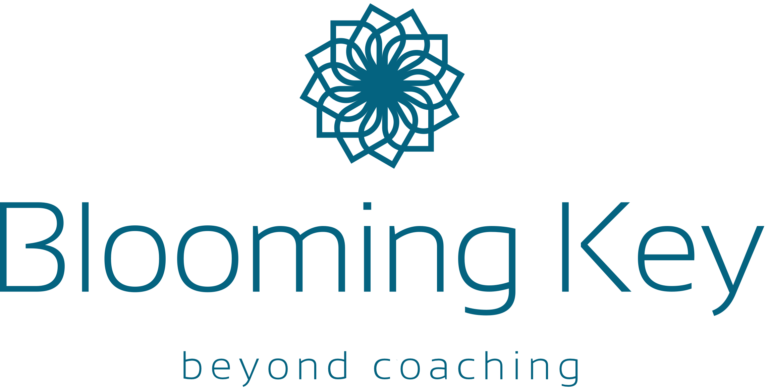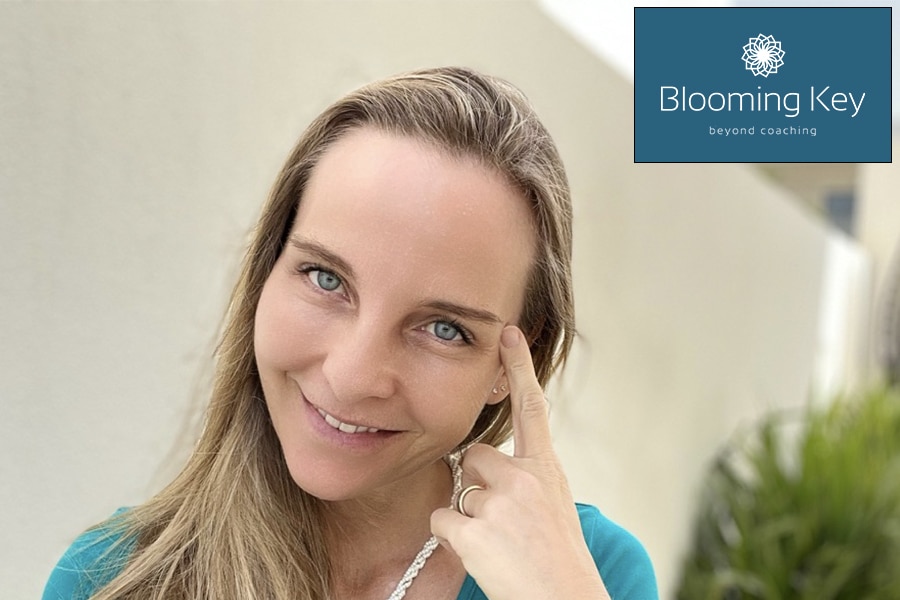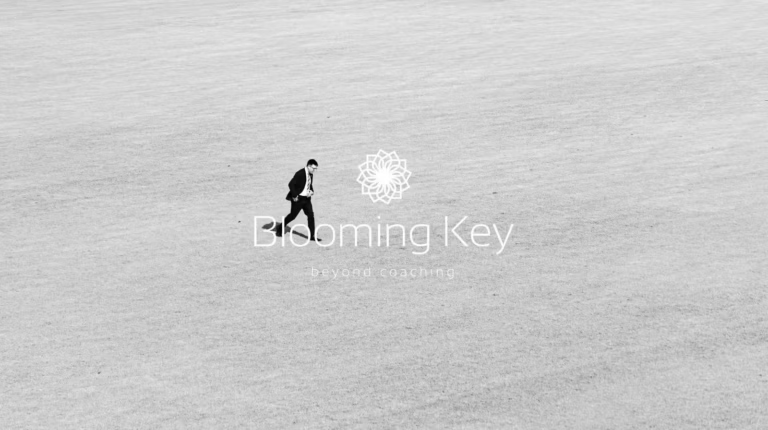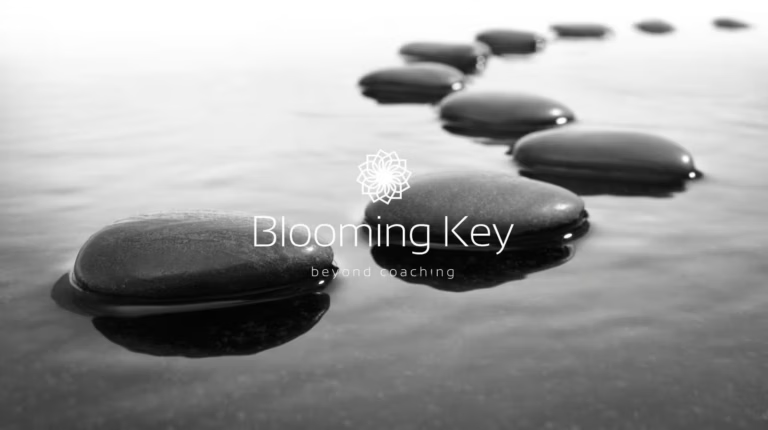Stress Management Techniques: Harvard Insights & Building Resilience
Feeling stressed? You’re not alone. Stress is a natural response to pressure, but when it becomes chronic, it can affect your mood, sleep, focus, and overall wellbeing.
The good news is that stress management techniques work best when they are simple, consistent, and grounded in evidence. Below, we explore key insights from Harvard Medical School and show how coaching can help remove personal barriers that keep stress patterns in place.
What Is Stress?
Stress is your body’s response to a perceived challenge. It activates hormones such as adrenaline and cortisol, preparing you to react. In small doses, stress can sharpen focus and performance. When prolonged, however, it can negatively affect emotional balance, physical health, and decision-making.
If anxiety is part of your experience, you may also find it helpful to explore practical tools in our Anxiety Management section.
Harvard-Backed Stress Management Techniques
- Know your stressors. Identify what triggers your stress — work demands, finances, relationships, or expectations. Awareness is the first step toward meaningful change. For guided support, explore Mental Fitness Coaching.
- Practice mindfulness. Short, daily breathing or mindfulness practices help regulate the nervous system and build resilience over time. The American Psychological Association shares practical guidance (external resource).
- Move your body. Physical activity supports stress reduction by improving sleep, mood, and energy. Aim for around 150 minutes of moderate movement per week. The World Health Organization answers common questions about stress (external resource).
- Lean on your people. Social connection plays a key role in emotional wellbeing. If you prefer private guidance, Online Coaching can offer structured, one-to-one support.
- Protect your sleep. Consistent sleep supports emotional regulation and recovery. Aim for 7–9 hours and establish a calming wind-down routine. You can reflect on your habits using the Self-Care Quiz or the Mental Fitness Quiz.
Removing Personal Barriers with Coaching
Stress management tools are powerful, yet habits often persist when subconscious beliefs remain unexamined. Coaching helps uncover and shift patterns that keep stress levels high, even when you “know what to do.”
You can learn more about your coach on the Meet the Coach page, or explore how coaching supports areas where stress commonly appears, such as Relationships and Parenting.

- Uncover hidden beliefs. Journaling, reflection, or working with a coach can help surface patterns that maintain stress.
- Rewire your mindset. Replace limiting beliefs with supportive ones using mental fitness tools such as awareness, visualization, and intentional self-talk.
- Go step by step. Small, consistent actions create lasting change. Progress matters more than intensity.
- Call in a professional. If stress feels persistent or overwhelming, reach out. Even a short discovery session can accelerate meaningful change.
Ready for tailored guidance? Book your free introductory session and start building a more stress-resilient approach to daily life.





